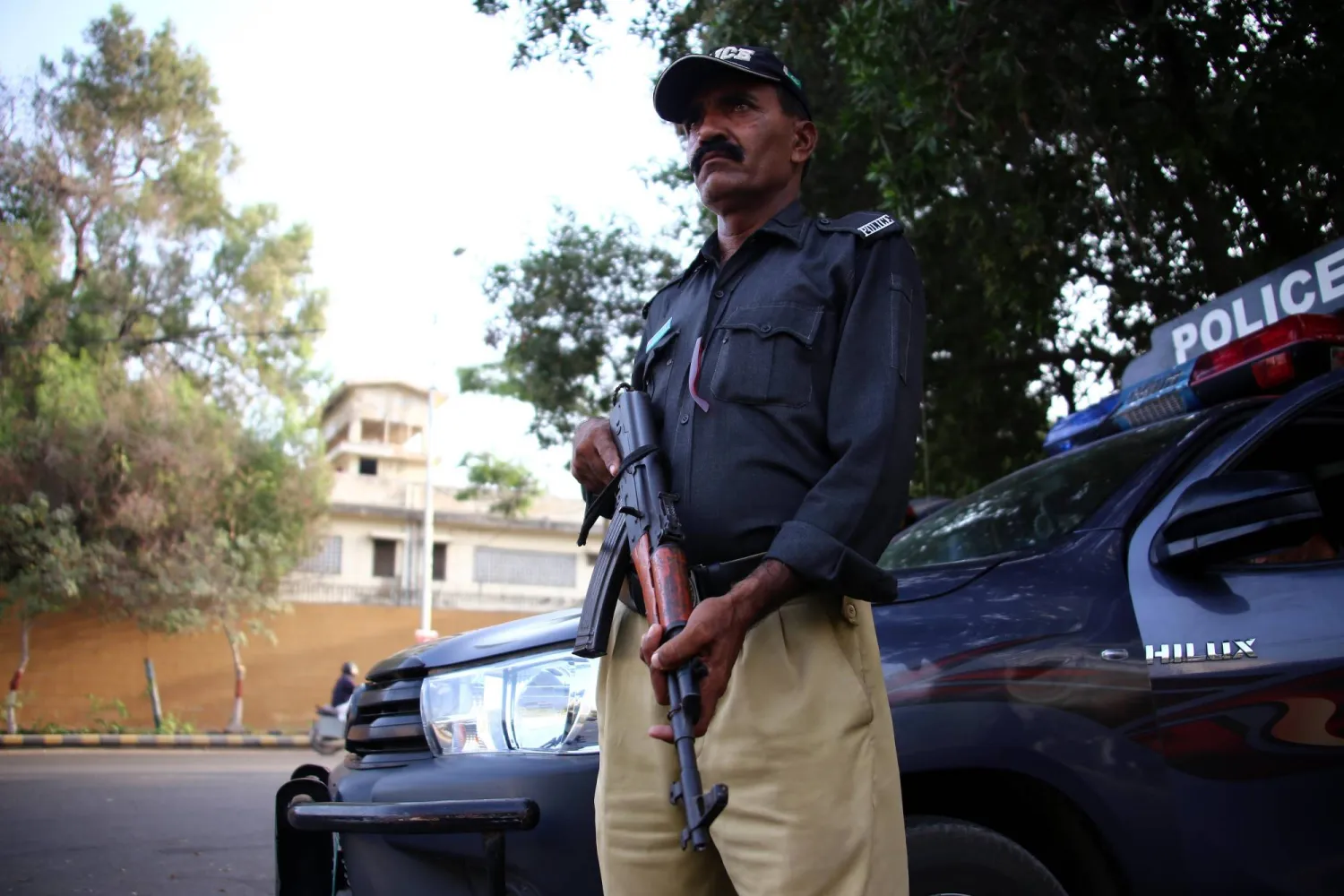Three soldiers and eight militants were killed after Pakistani security forces backed by military helicopters raided a hideout in a former stronghold of insurgents in a restive province bordering Afghanistan on Wednesday, police said.
A local militant commander was believed to be among those killed in the operation in Bannu, a district in Khyber Pakhtunkhwa province, local police official Zahid Ullah said.
The military said a major was among the soldiers “martyred” during the intelligence-based operation, adding that its forces were going after other militants in the area "to wipe out the menace of terrorism”, The Associated Press reported.
Authorities often carry out such operations against the Pakistani Taliban, who are known as Tehrik-e-Taliban Pakistan, or TTP.
The TTP — an ally of the Afghan Taliban despite being a separate group — has stepped up its assaults in the region since the Taliban seized power in Afghanistan in 2021.
Government forces have also intensified their operations against separatist groups based in the restive southwestern Balochistan province.
3 Pakistani Soldiers and 8 Militants Killed During a Raid on Insurgents' Hideout

Pakistani security official stands guard at a checkpoint in Karachi, Pakistan, 29 October 2024. EPA/REHAN KHAN

3 Pakistani Soldiers and 8 Militants Killed During a Raid on Insurgents' Hideout

Pakistani security official stands guard at a checkpoint in Karachi, Pakistan, 29 October 2024. EPA/REHAN KHAN
لم تشترك بعد
انشئ حساباً خاصاً بك لتحصل على أخبار مخصصة لك ولتتمتع بخاصية حفظ المقالات وتتلقى نشراتنا البريدية المتنوعة







